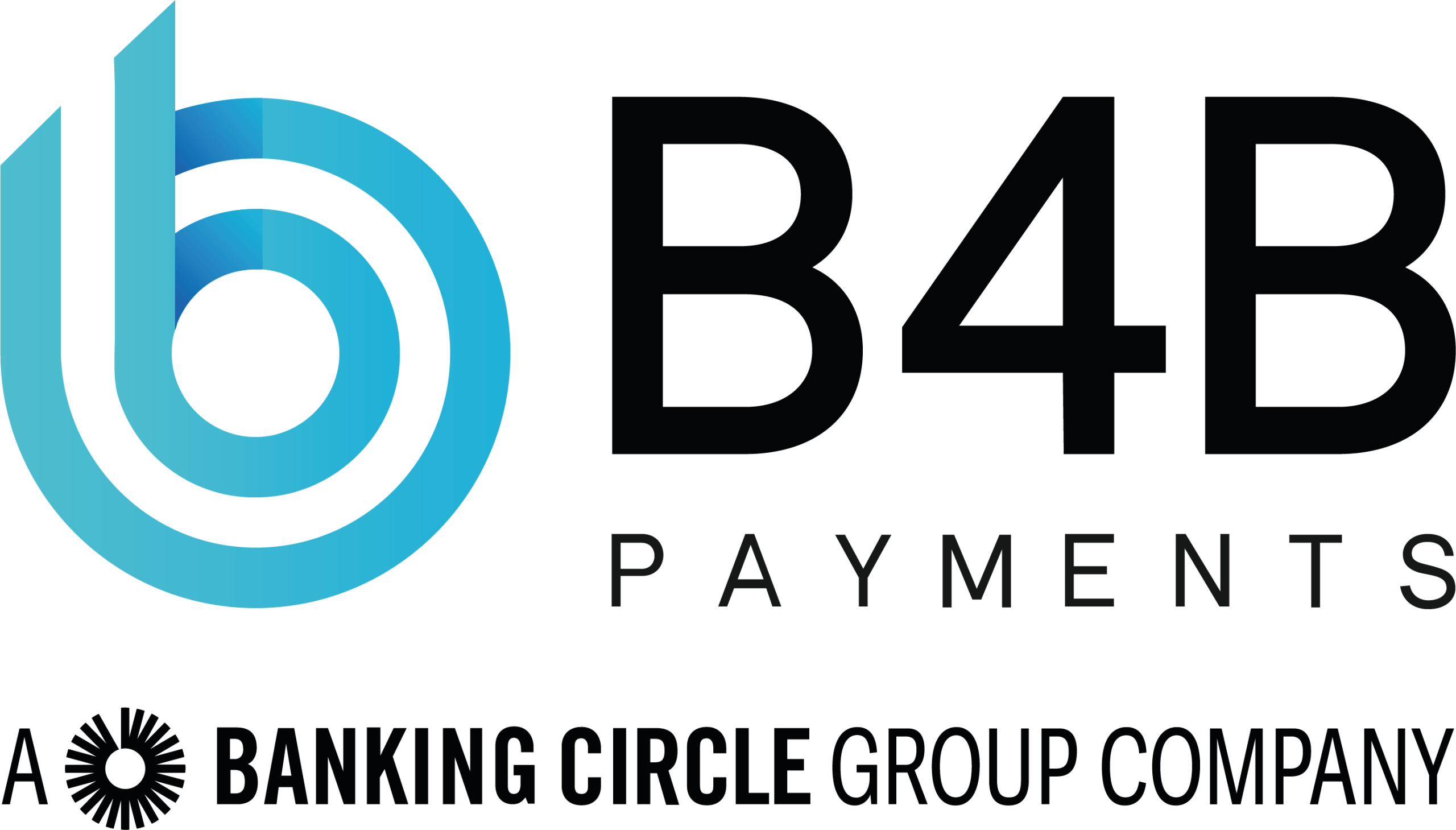“When the wind of change blows, some build walls, others build windmills.” Chinese proverb.
Do you know who’s powering along during the Covid-19 ‘crisis’? Fintech company B4B Payments is, and here’s how:
Thursday evening; a dreaded text
B4B CEO Paul Swinton was notified that one of his team had been exposed to the Coronavirus. Fortunately, the company had a Crisis Plan in place. One they’d wisely updated when Covid-19 first hit the headlines. Advance preparations included making sure all the team had access to well-configured technology designed for remote working. Including securely held systems on the Cloud. An email had already been sent to clients and other contacts saying B4B Payments was ready and well prepared to keep operational if the worst did happen. So, B4B was already equipped to offer ‘Business as Usual’ when the virus got too close.
Thursday evening part 2; so it begins
With a click, Paul activated well-considered protocols. All staff were told to start working from home with immediate effect. The Tech team responded by setting up a Whatsapp group to provide them with support and advice, and a way to ask for help.
Friday; getting things into perspective
By 9 am the whole company was self-isolated at home, ready for action and online. They were also displaying their strong sense of unity and community in this challenging time. Paul Swinton, B4B Payments CEO said: “Most importantly, robust steps had been taken to control the potential spread of the virus and to protect our valued staff members and their families. Our second priority that day was to underpin services offered to clients.”
One week later; windmills all working
The team, using a selection of tools including Slack, Trello, internal VOIP telephony, and Signal encrypted chat software is now a true ‘digital workplace’, connected online and powering along as efficiently and effectively as ever. That’s been achieved without compromising any of the comradery and team spirit that makes B4B Payments a first-class employer. Instead of banter around the coffee machine, the team now communicate, collaborate and just ‘chat’ in the virtual realm. Clearly, fully adhering to the self-isolation and social distancing advice from the Government and NHS. All proving the power of preparation, positive thinking and being agile.
Which brings us to another insightful quote: “It is not the strongest of the species that survives, nor the most intelligent. It is the one that is most adaptable to change.” Charles Darwin
If you wish to contact us please go here.












